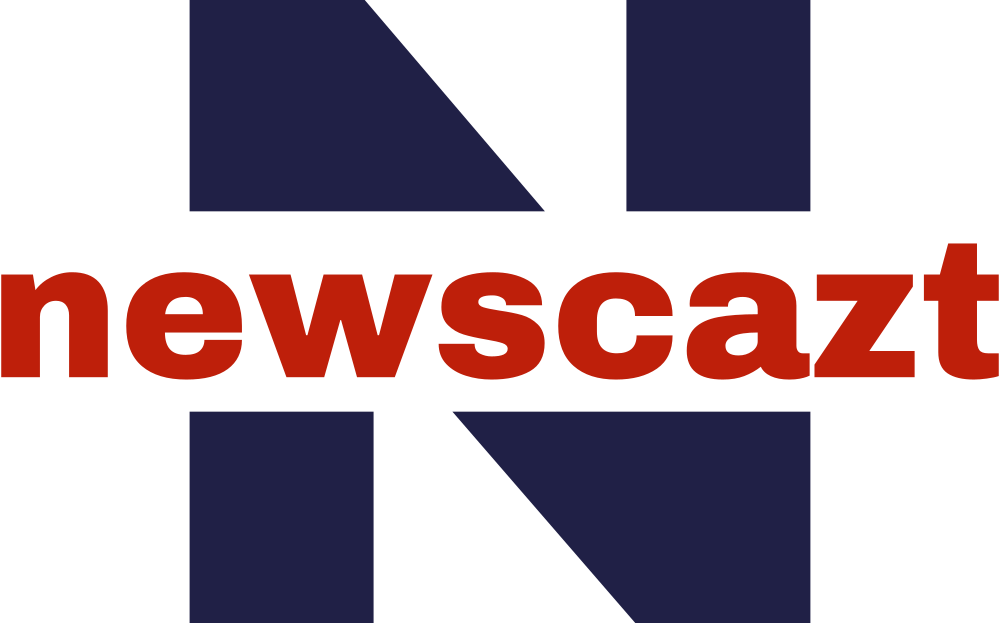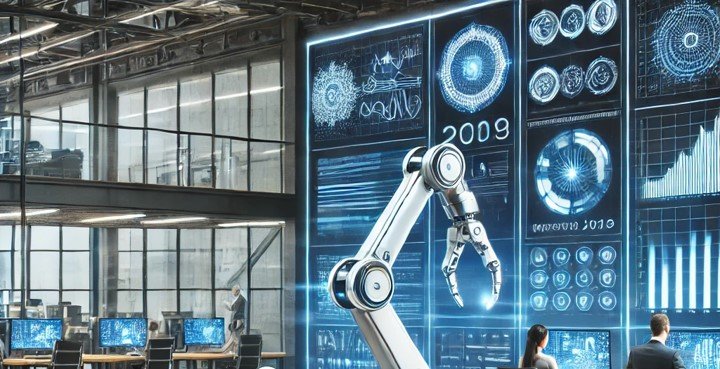AI will lead to shorter workweeks, Says JPMorgan CEO Jamie Dimon
Jamie Dimon, CEO of JPMorgan Chase, has sparked a thought-provoking conversation about the transformative potential of artificial intelligence (AI) in redefining modern work culture. Speaking at a recent event, Dimon suggested that AI could usher in shorter workweeks, or a three-and-a-half-day workweek, as the technology takes on repetitive tasks, leaving more time for creative and high-value work.
Dimon highlighted AI’s role in reshaping industries, acknowledging that while it may replace some jobs, it will also create new opportunities and boost overall efficiency. “Technology has always replaced jobs, but it has also benefitted humanity by enhancing productivity and creating new roles,” he said.
Dimon’s remarks underscore a historical perspective on technology. He pointed out how past innovations, from the industrial revolution to the advent of computers, have displaced some jobs while simultaneously fostering economic growth and generating new employment opportunities.
“We’ve seen this pattern before,” Dimon noted. “Technological advancements initially cause disruption but ultimately lead to better quality of life and more dynamic economies. AI is no different.”
This optimistic outlook aligns with growing discussions among business leaders and policymakers about how AI could help address current workplace inefficiencies and enhance employee well-being.
Shorter Workweeks
Dimon’s suggestion of a shorter workweek is particularly intriguing in the context of the ongoing global dialogue about work-life balance and productivity. By automating routine and repetitive tasks, AI could free up human workers for more strategic and meaningful work.
According to Dimon, this shift may also encourage organizations to rethink traditional employment models, potentially fostering environments where employees can achieve greater satisfaction without compromising output.
However, Dimon acknowledged that realizing this vision will require proactive measures to manage transitions, particularly in industries more vulnerable to automation. “We must invest in reskilling and education to prepare workers for the changes ahead,” he emphasized.
Balancing Opportunities with Challenges
While Dimon’s optimism about AI is shared by many in the tech and business communities, others have raised concerns about its disruptive potential. Critics argue that the pace of technological adoption could outstrip the ability of some sectors to adapt, potentially leading to significant job displacement.
In response to these concerns, Dimon urged businesses and governments to collaborate on developing strategies to address the challenges posed by automation. This includes investing in workforce training programs and establishing policies that ensure equitable access to the benefits of AI.
“Society has an obligation to ensure that the transition to an AI-driven future is inclusive,” Dimon remarked.
Broader Implications for Society
Beyond the workplace, Dimon also touched on AI’s broader societal implications. From improving healthcare outcomes through predictive analytics to enhancing financial systems’ efficiency, the technology promises widespread benefits.
However, Dimon also warned about potential risks, including the misuse of AI in areas like cybersecurity and misinformation. He called for robust regulatory frameworks to govern the ethical use of AI while allowing innovation to thrive.
What This Means for Businesses and Workers
Dimon’s insights highlight the dual responsibility of businesses and policymakers in shaping an AI-driven future. For companies, this includes integrating AI thoughtfully into operations while prioritizing employee well-being and adaptability. For workers, it means embracing lifelong learning to remain relevant in an evolving job market.
Ultimately, Dimon’s vision of a three-and-a-half-day workweek serves as a reminder of the transformative power of innovation when harnessed responsibly. As AI continues to mature, it holds the promise of not only increasing efficiency but also enriching the lives of workers across industries.
See Also:
New Zealand Overhauls Post-Study Work Visa Rules
Irish Court Awards $257,000 to Nikita Hand in Sexual Assault Case Against MMA Star Conor McGregor
Elon Musk Becomes Richest Person in History as Tesla Stock Soars
——————————————————————————-
It would mean the world to us if you follow us on Twitter, Instagram and Facebook. At Newscazt, we strive to bring you the latest news and stories from India, World, Business, Sports, Entertainment and more. Our team of experienced journalists and writers are committed to delivering accurate and unbiased news and analysis.




